Japan’s tennis hot shot is continuing a career in which she’s risen from strength to strength. J SELECT found Ai Sugiyama courtside to talk about her recent volley into the women’s world top ten ranking.
When people discuss Japanese professional athletes who have made an impact on the world stage, it’s usually names like Matsui, Ichiro or Nakata that spring to mind. On the women’s side, one might think of marathon runners or maybe a golfer or two. But even though she stands just 163 cm, don’t sell Ai Sugiyama short. The 28-year-old professional tennis player has been on an impressive run lately that has seen her rise to the top ten in the WTA world rankings, the highest ranking for a Japanese player since Kimiko Date before she retired suddenly in 1996.
In January, Sugiyama won her sixth career WTA singles title when she topped the field at the Australian Women’s Hardcourt Championship on the Gold Coast, a warmup event for the Australian Open. But it’s in doubles where Sugiyama really shines, having won 28 titles on the WTA Tour as well as four more in Grand Slam events, many with former partner Kim Clijsters of Belgium. Sugiyama, who is proficient in English, has also represented Japan in the Fed Cup several times as well as participating in the 1996 and 2000 Olympic Games for her country.
The Kanagawa native began playing tennis at the age of four when she followed her parents onto the court. While Sugiyama was also interested in gymnastics, figure skating and piano as a youngster, it would appear that she made the correct career choice. Now in her 12th professional season as a tennis player, Ai has earned nearly $5 million in prize money.
“it’s very important to stay in good condition both mentally and physically.”
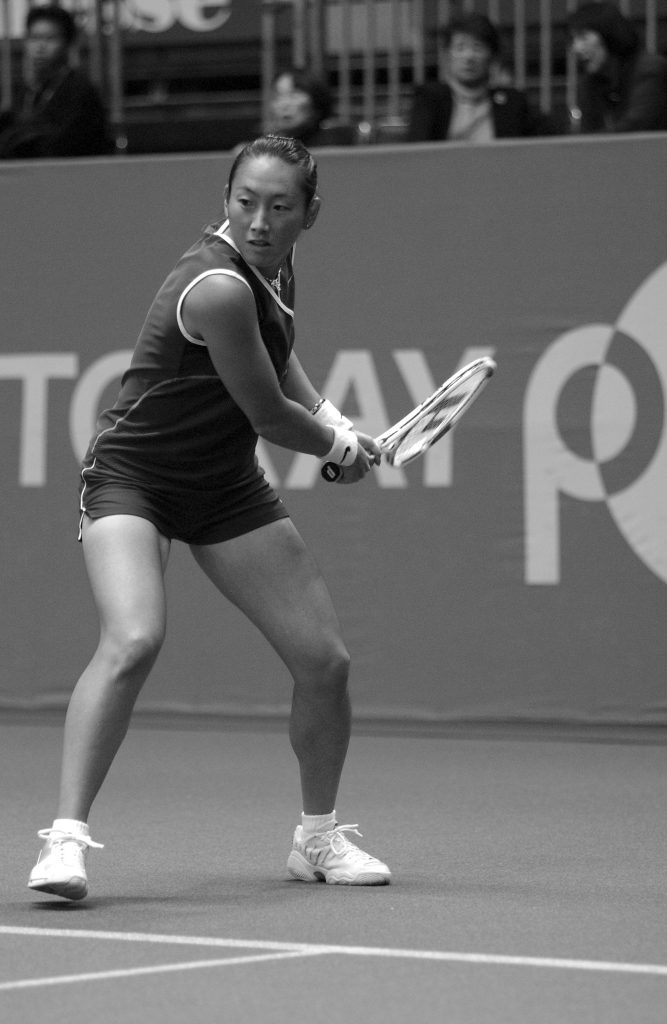 J Select had a chance to sit down recently with Sugiyama during February’s Toray Pan Pacific Open at Tokyo’s Metropolitan Gymnasium.
J Select had a chance to sit down recently with Sugiyama during February’s Toray Pan Pacific Open at Tokyo’s Metropolitan Gymnasium.
JS: A year ago you were ranked 28th in the world and you said then that cracking the world Top 10 rankings was your main goal in professional tennis. Now that you’ve done that, how does it feel and what are your future goals?
AS: I feel really great about that. It’s been my dream since I started playing. Now I’m in the Top 10, but now I can set my sights on the top five or maybe even better than that. So I’ll set some new goals for this year, and just try to focus on what I have to do on the court, just try to focus on my performance.
JS: You’ve won three Grand Slam titles in doubles and one in mixed doubles, as well as six WTA Tour singles titles and 28 doubles titles. So far, what has been the highlight of your tennis career?
AS: I like doubles, but I like singles more, so I think to be in the Top 10 (in the singles rankings), and especially beating other Top 10 players like last year, especially at the end of the year. I was playing in some championship matches and that was also my goal. So I think to play in championship matches was the highlight of my career and hopefully I can repeat that success this year again and become an even better player.
JS: What are your plans regarding participating in the 2004 Athens Olympic Games?
AS: If it’s possible I’ll try to participate, but the schedule is very tight and difficult for me. The Athens Olympics are right in the middle of the American (WTA) Tour, so it’s troublesome for me. As far as being a professional tennis player, the Olympic Games are very important but also it’s very difficult because all year I have to think about that and the schedule is very tight, so I have to think about balancing my schedule. I’ll try to reach a firm decision (on whether or not to play in the Olympics) as soon as possible, but once again, I’ll have to think about the schedule. Also, the players who will be chosen to play have not been decided yet.
JS: It was reported in November that you had already decided not to play in the Athens Olympics. Why the possible change of heart?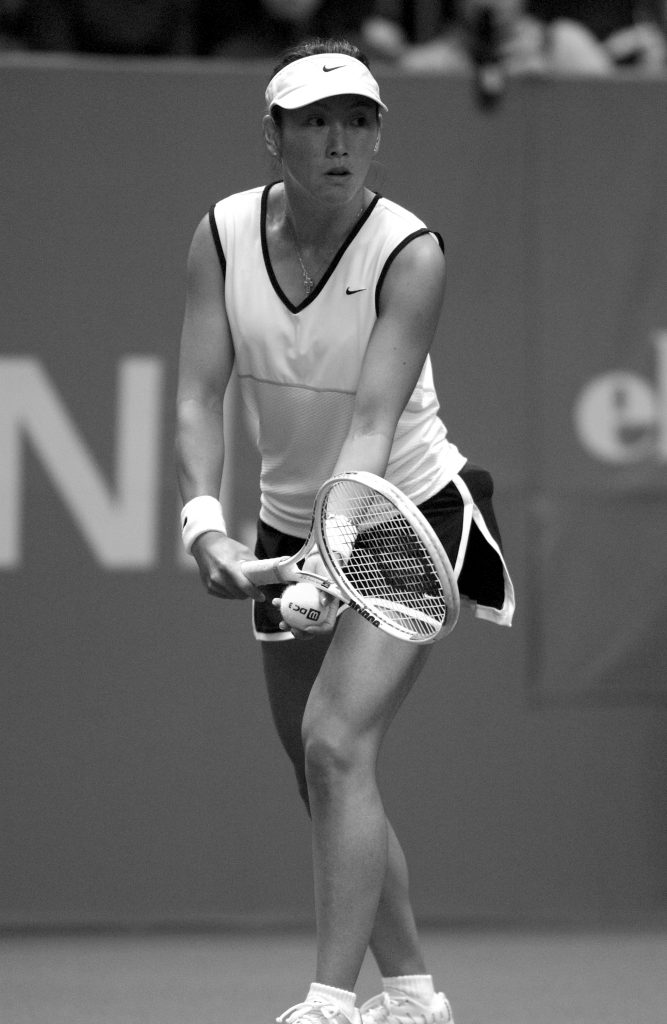
AS: I never said definitely that I wouldn’t go, so now I’m giving it careful consideration. I have not fully made up my mind yet.
*since the conclusion of this interview, sugiyama announced that she will indeed join the olympic games in athens in august.
JS: On the world tennis stage, why do the Japanese women seem to do so much better than the men these days?
JS: That’s a tough question. I don’t know, maybe the men are trying hard too, but I think the women are playing more tournaments and traveling more and giving everything to try and be better players. With the guys, maybe not so many of the players are doing this, so that’s one of the reasons. Also, maybe tennis is not one of the biggest sports for men here, but with women, tennis is very big in Japan so there’s more opportunity for us. So, that’s also one of the reasons, I think.
AS: What about the physical size of the players today? You have to play against bigger women but you seem to be able to overcome that size differential.
JS: Yeah, for me I’m short (163 cm) and not that powerful but I’m still able to make the Top 10. On the men’s side also, I’d like to see some Japanese players (rise up in the rankings). They’re not that powerful but they’re good enough to be out there. So it’s not the size of the body that matters, it’s here [pointing to her head] and here [pointing to her heart].
JS: You had a poor showing in Melbourne at the recent Australian Open, losing in the second round to compatriot Saori Obata.
AS: My physical condition was OK, but mentally I was a little bit unstable. You’re physical condition is sometimes bad, sometimes good, but I always try to keep myself in good shape physically. In Melbourne, I had trouble getting it together both mentally and physically at the same time. It’s very important to stay in good condition both physically and mentally.
JS: Yet you won the Australian Women’s Hardcourt Championship a week earlier on the Gold Coast.
AS: At the Gold Coast tournament, I was in quite good condition, especially mentally.
JS: At the age of 28, you’re still a young woman. In sporting terms, however, when athletes hit 30 they are generally getting toward the end of their careers. How much longer do you plan on playing competitive tennis and what are your plans once you stop playing professionally?
AS: I’ll just focus on this year and if I can play well and I think I can be a better player, then I’ll stick around for another year. But generally I just try to do my best year by year. I have a tennis academy at home (in Chigasaki) so I’m interested in coaching too, helping young players or kids that are juniors. So I think I’ll stay involved in tennis even after I quit playing professionally.
JS: You’ve been playing tennis since you were a young child. Do you ever reach a point where you just want to get away from the game for an extended period?
AS: At the end of the year everyone’s tired and I also get tired myself because the tennis season is very long and I really look forward to having a break, for one month, two months or something. But after putting my racket down for two weeks, I feel like I’ve had enough of a break and I want to start playing again, which is great. So I still like tennis, I guess.
JS: I’ve heard you’re quite an avid golfer. What’s your handicap?
AS: I really enjoy playing golf. I don’t have a handicap but I usually shoot in the 90s. But it’s OK (to score in the 90s), because I can still enjoy it.
JS: As a professional athlete, you have to do so much traveling. Which cities are your favorites and why?
AS: If I think about a place I’d like to live, I prefer to live in a resort area in the United States, like San Diego or Scottsdale, Arizona. I like those resorts where you can play tennis or golf and it’s a really calm, relaxing place. But some cities I like to visit are Rome and Paris, which is a big city but very beautiful with a lot of things to see. Just walking down the Champs-Elysees makes me feel really great.
JS: Being on the road so much must also make it difficult to sustain close personal relationships. Do you have a boyfriend now and do you have any plans to get married and raise a family in the future?
AS: For me, my mom (Fusako) is my coach so luckily she travels with me, but at the same time it’s hard. As far as relationships go, it is hard to sustain one long distance. You have to work at it. I’m not getting married soon, but in the future I want to. So far, traveling all year round, I don’t really have any time to think about those things. I just want to focus on my tennis right now because this is the best time in my career (in terms of results and rankings), so why should I waste it when I’ve built it up to this stage? So I do think about marriage in the future, but not right now.
For more information on ai sugiyama, you can log on to her personal website www.ai-sugiyama.com (in Japanese only).
Story by Rob Smaal, Portraits by David Stetson
From J SELECT Magazine, May 2004

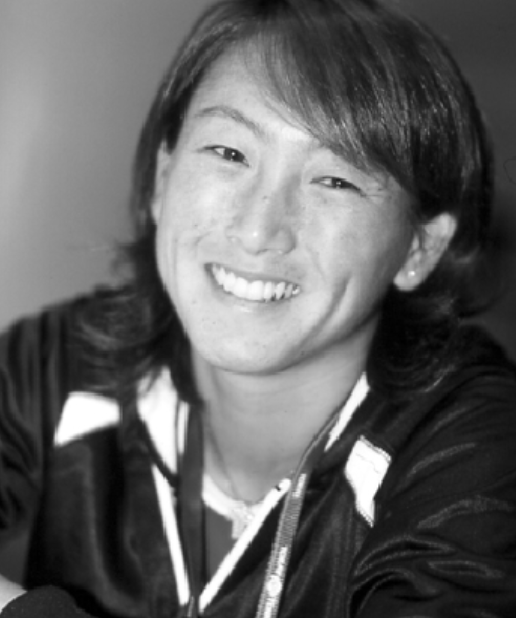



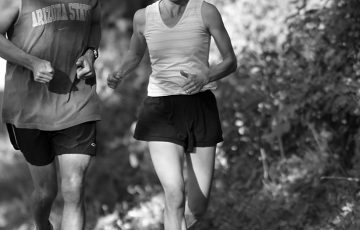
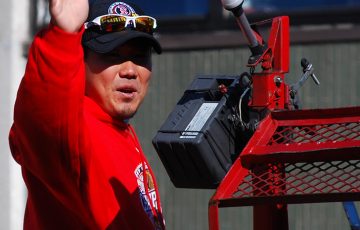
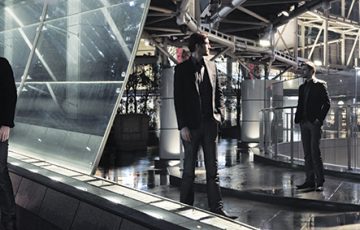
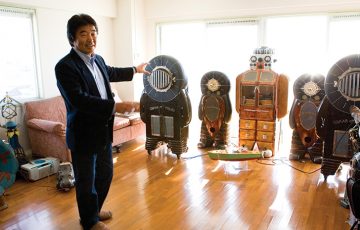
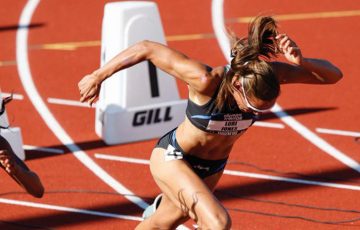
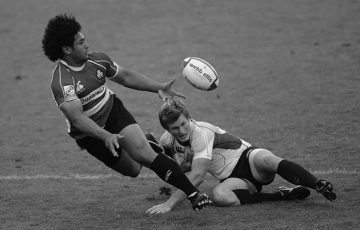
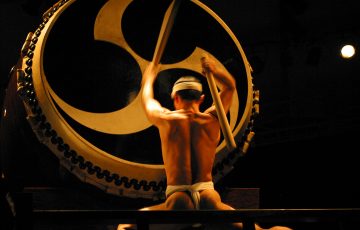
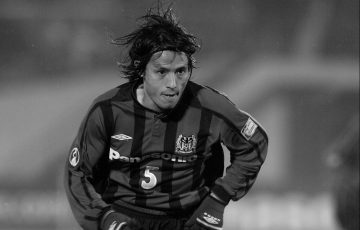


Recent Comments